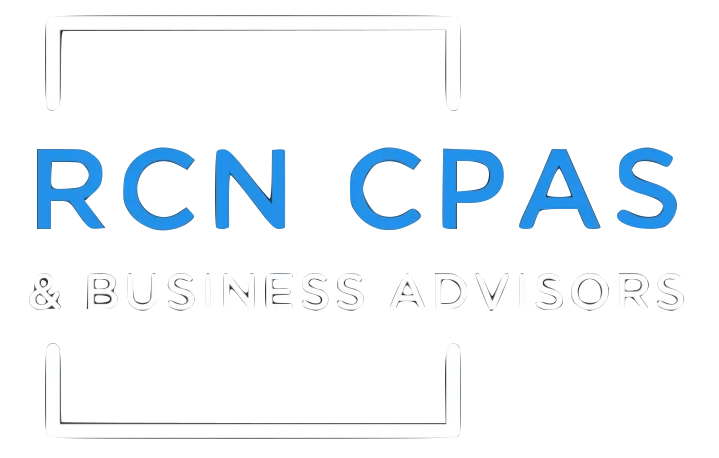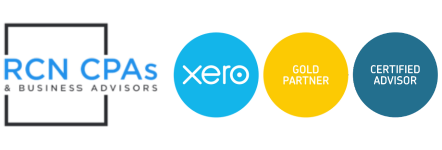7 Common Accounting Mistakes that Small Businesses Make
As an accounting firm, we see a lot of common accounting mistakes that small business owners make, especially when they are starting their operations. We do understand that accounting can be challenging and as a business owner you might lack the right knowledge or take care of multiple responsibilities hence ending up making mistakes that can be very costly in the long run.
These mistakes can have a significant impact on financial health and affect the growth of a business, so it’s important to be aware of them and take steps to avoid them.
- Mixing Personal and Business Finances:
It might be easier and convenient to keep all your finances in one place, but this may have risks involved such as the potential for tax problems and liability issues.
Not having a separate business bank account and credit card can lead to confusion, inaccurate financial records, and difficulties in tracking business expenses. You should therefore create distinct accounts to maintain clear financial boundaries and make accounting more manageable.
- Not Keeping up-to-date records
Without accurate records, it’s difficult to track income and expenses, which can lead to discrepancies, missed deductions, inaccurate financial statements, and tax returns. It is important that you keep your records organized and ensure all transactions are recorded promptly.
- Not paying attention to Cash Flow
Cash flow is the difference between the money coming into a business (revenue) and the money going out (expenses). If a business is not paying attention to its cash flow, it can quickly face financial crises such as the inability to meet its financial obligation.
To avoid this, you should monitor your cash flow on a regular basis so that you can make sure that you have enough money to cover your expenses.
- Inadequate Tax Planning:
Inadequate tax planning can lead to higher taxes and penalty fees due to late or inaccurate tax filing. This can be costly, and add significantly to the business financial burden.
To avoid missed opportunities for deductions, leading to unnecessary tax payments you need to plan ahead and seek the advice of a tax professional to develop a proactive tax strategy tailored to your business.
- Not backing up records
It is important to back up your financial records regularly in order to protect your data from loss, and fraud against your business and make it easier to recover from a disaster.
You should keep multiple copies of your backups. Store one copy of your backups off-site, such as in a safety deposit box or in the cloud. This will protect your data in case of a disaster that damages your computer or office.
- Not using Accounting Software:
Many small business owners still rely on manual bookkeeping, which can be time-consuming and prone to errors. Accounting software can help you keep track of your finances more easily and accurately.
There are many different accounting software programs available, so you can find one that’s right for your business.
- Not hiring a qualified accountant
If you’re not comfortable handling your accounting, it’s important to hire a qualified accountant. An accountant can help you keep your records accurate and prepare your tax returns.
You might be making these common mistakes due to a lack of knowledge or have multiple responsibilities that are dividing your attention. Get expert advice from an accounting firm such as RCN CPAs & Business Advisory and stay focused on working on your business. Schedule a 15-minute call with one of our advisors and learn how we can be of help.





